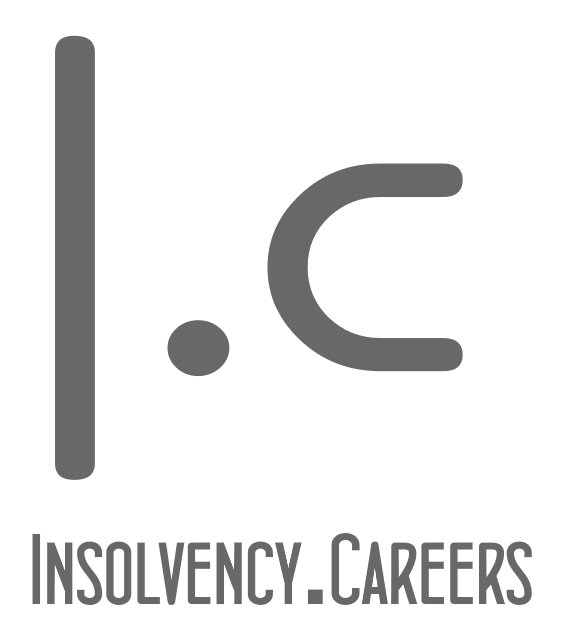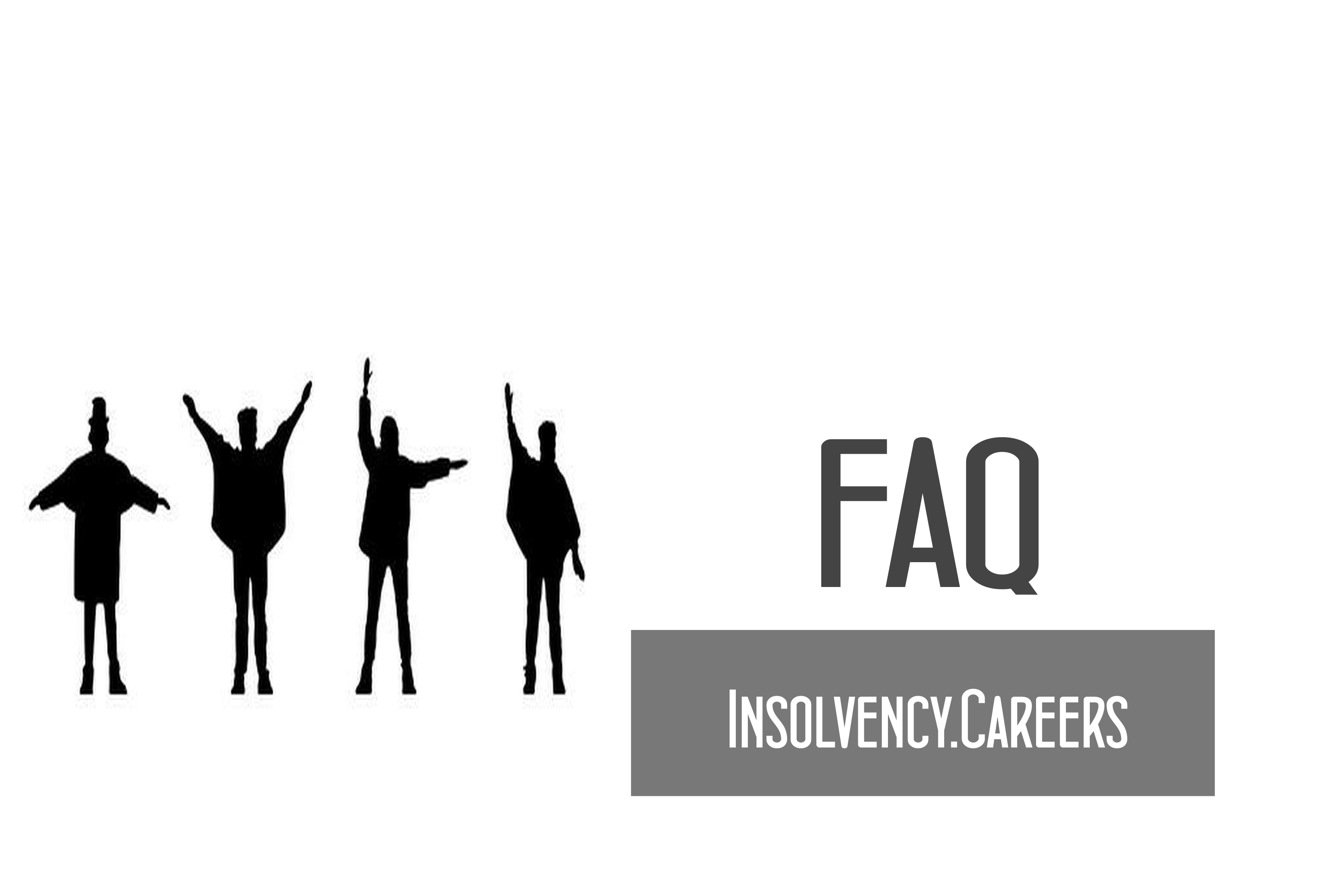Frequently Asked Questions
Q1. I don't have a degree, can I still work in insolvency?
A1. Yes, but you may find it easier to be taken on with a degree, but it depends on the employer. Larger firms tend to prefer candidates with degrees
Q2. I'm keen to join the insolvency profession, should I take the first opportunity that becomes available?
A2. Only if that opportunity fits with the route that you would like your career to go. Beware that some roles will restrict your experience and future career moves. Always plan ahead if you can based on your own ambitions and try to make sure you do your best to leave yourself a way to achieve your dreams.
Q3. I'm not very good with numbers, will that mean that I shouldn't work in insolvency?
A3. Not necessarily but it may restrict your career development. Figures, numbers and accounts are a fundamental part of insolvency, Some basic administrative roles may not involve too many numbers but we would suggest that you have a reasonable grasp of the basics.
Q4. If I decide to do an accountancy qualification which one is best?
A4. That depends on your ability. AAT is a good basic grounding, whereas ACA or ACCA or CIMA are more advanced, but equally relevant.
Q5. I may want to work abroad in the future. Is my experience in the UK recognised overseas?
A5. Insolvency professionals are usually highly regarded overseas but you must expect differences in legislation and procedures which you will need to learn. Usually you can expect the JIEB qualification to at least give some exemptions in other countries.

